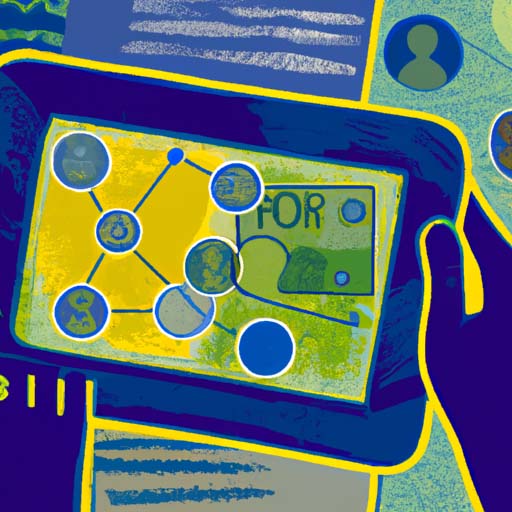TLDR:
In this article, it was reported that a new study has found a link between excessive social media use and feelings of loneliness and depression among young adults. The study surveyed over 1,500 people between the ages of 19 and 32 and found that those who spent more than two hours a day on social media were more likely to report feelings of loneliness and depression. Additionally, it was revealed that individuals who checked social media constantly throughout the day were also more likely to experience these negative emotions.
Unpacking the Study:
The study, conducted by researchers at the University of Pittsburgh, analyzed survey responses from participants and found a correlation between social media usage and mental health issues. The findings suggested that the more time individuals spent on social media, the higher their likelihood of feeling lonely and depressed. This correlation was particularly pronounced among young adults, who are known to be heavy users of platforms like Instagram, Facebook, and Snapchat.
Furthermore, the study also indicated that the frequency of social media use played a significant role in the mental well-being of participants. Those who checked social media constantly throughout the day were more likely to report feelings of loneliness and depression compared to those who used social media less frequently.
Implications and Recommendations:
These findings have important implications for both individuals and mental health professionals. It is crucial for individuals, especially young adults, to be mindful of their social media usage and its potential impact on their mental health. Limiting the amount of time spent on social media and taking breaks from these platforms can help mitigate feelings of loneliness and depression.
For mental health professionals, these results underscore the importance of addressing social media use when treating patients with mental health issues. Incorporating discussions about social media habits and promoting healthy usage behaviors can be beneficial in improving the overall well-being of individuals.
Conclusion:
The study serves as a reminder of the complex relationship between social media and mental health. While these platforms offer connectivity and socialization opportunities, excessive use can have detrimental effects on one’s mental well-being. By being mindful of their social media habits and seeking support when needed, individuals can work towards maintaining a healthy balance in their online and offline lives.







